
John D. Dingell
60 years | D-MI
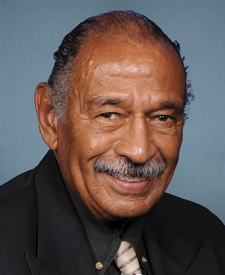
John Conyers Jr.
50 years | D-MI
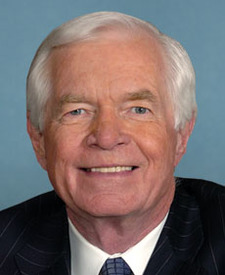
Thad Cochran
48 years | R-MS
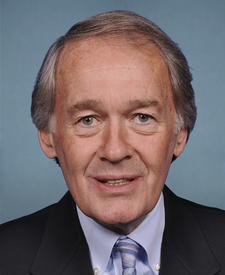
Edward J. Markey
46 years | D-MA
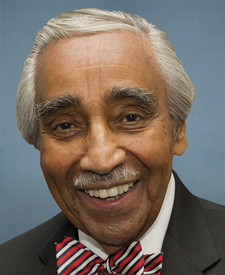
Charles B. Rangel
44 years | D-NY
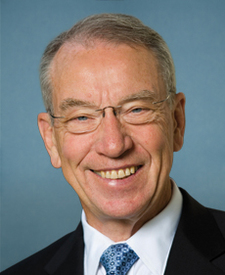
Chuck Grassley
42 years | R-IA
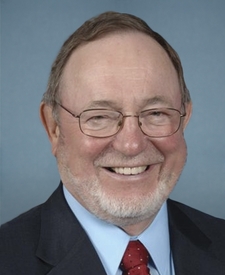
Don Young
42 years | R-AK
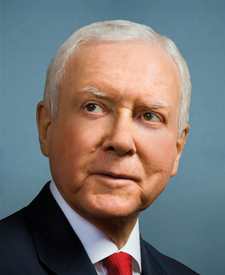
Orrin G. Hatch
42 years | R-UT
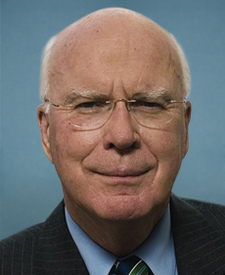
Patrick J. Leahy
42 years | D-VT
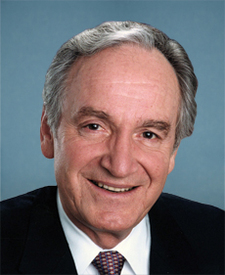
Tom Harkin
40 years | D-IA
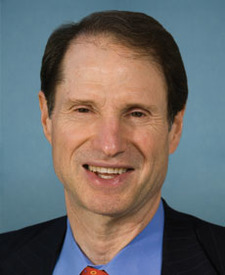
Ron Wyden
40 years | D-OR
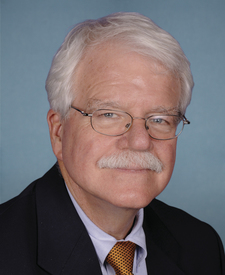
George Miller
40 years | D-CA
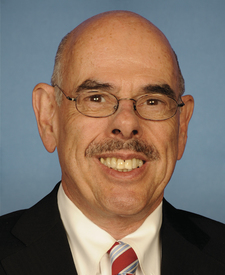
Henry A. Waxman
40 years | D-CA
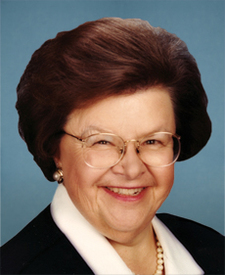
Barbara A. Mikulski
40 years | D-MD
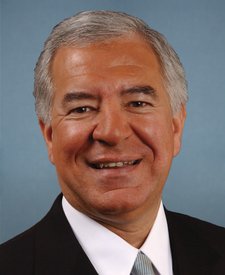
Nick J. Rahall II
38 years | D-WV
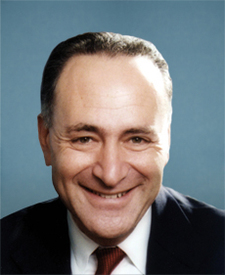
Charles E. Schumer
36 years | D-NY
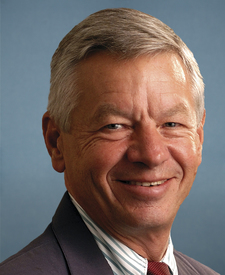
Thomas E. Petri
36 years | R-WI
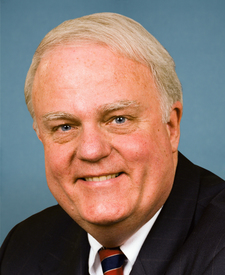
F. James Sensenbrenner Jr.
36 years | R-WI
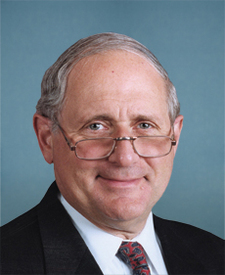
Carl Levin
36 years | D-MI
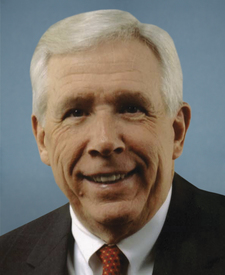
Frank R. Wolf
34 years | R-VA
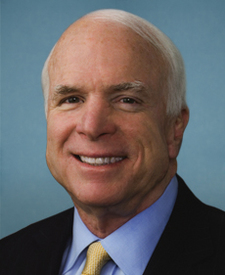
John McCain
34 years | R-AZ
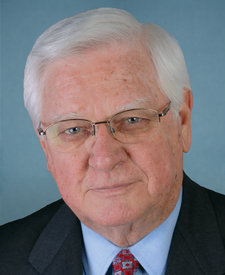
Harold Rogers
34 years | R-KY
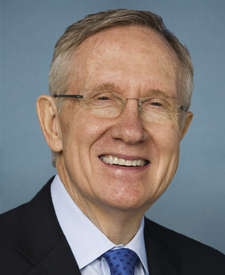
Harry Reid
34 years | D-NV
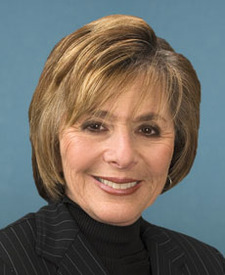
Barbara Boxer
34 years | D-CA
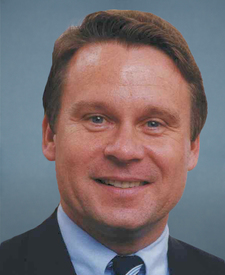
Christopher H. Smith
34 years | R-NJ
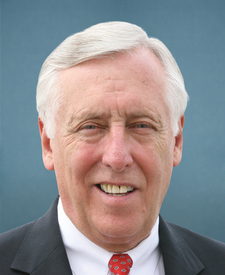
Steny H. Hoyer
34 years | D-MD
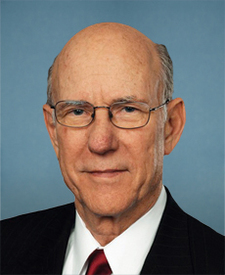
Pat Roberts
34 years | R-KS
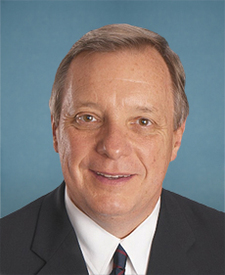
Richard J. Durbin
32 years | D-IL
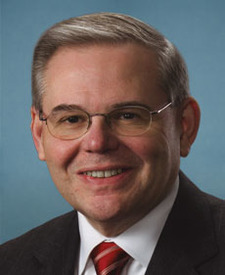
Robert Menendez
32 years | D-NJ
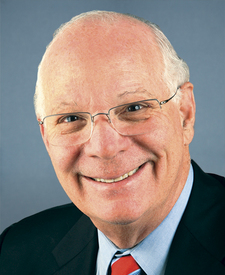
Benjamin L. Cardin
32 years | D-MD
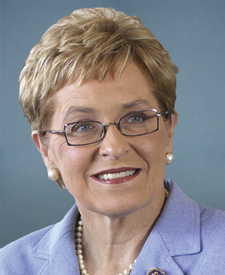
Marcy Kaptur
32 years | D-OH
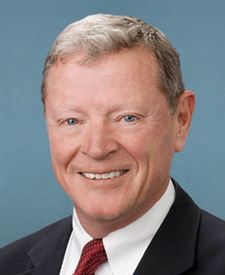
James M. Inhofe
32 years | R-OK
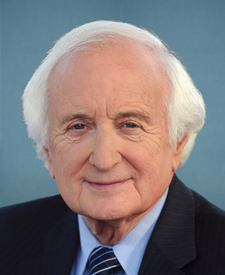
Sander M. Levin
32 years | D-MI
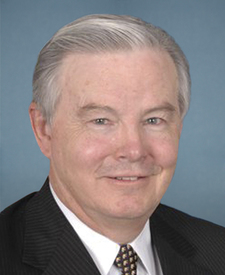
Joe Barton
30 years | R-TX
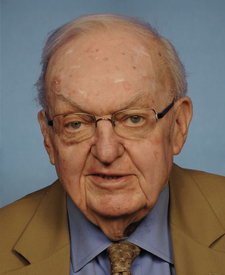
Howard Coble
30 years | R-NC
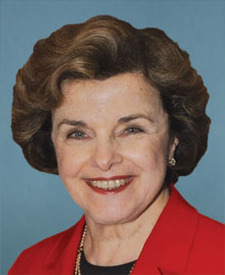
Dianne Feinstein
30 years | D-CA
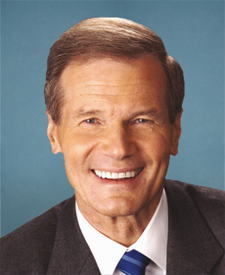
Bill Nelson
30 years | D-FL
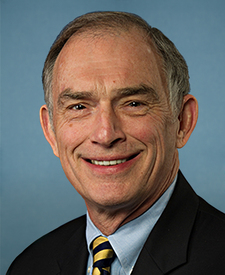
Peter J. Visclosky
30 years | D-IN
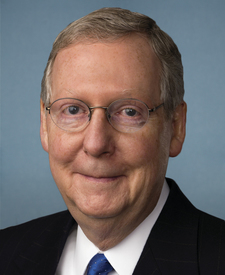
Mitch McConnell
30 years | R-KY
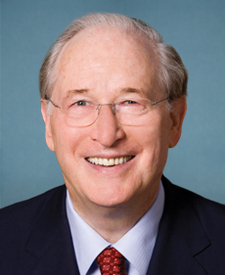
John D. Rockefeller, IV
30 years | D-WV
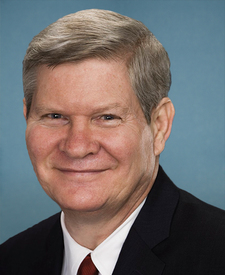
Tim Johnson
28 years | D-SD
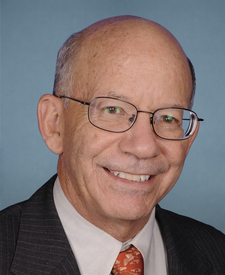
Peter A. DeFazio
28 years | D-OR
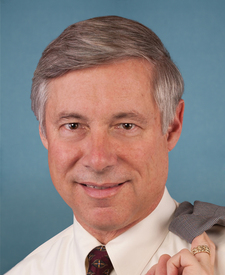
Fred Upton
28 years | R-MI
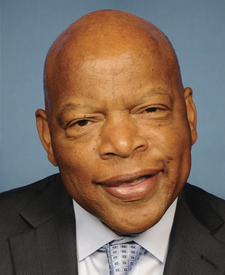
John Lewis
28 years | D-GA
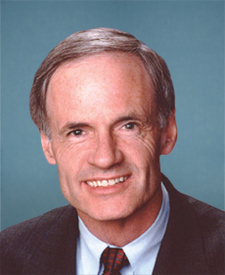
Thomas R. Carper
28 years | D-DE
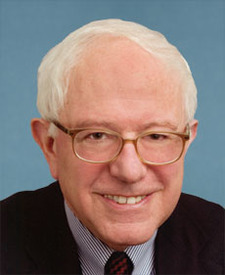
Bernard Sanders
28 years | I-VT
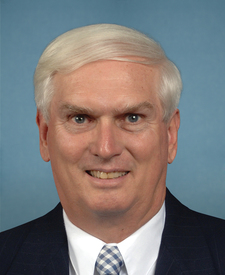
John J. Duncan Jr.
28 years | R-TN
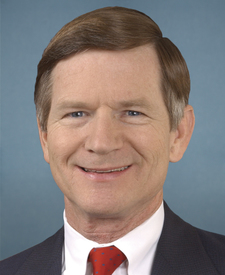
Lamar Smith
28 years | R-TX
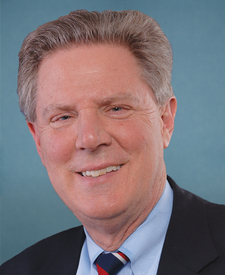
Frank Pallone Jr.
28 years | D-NJ
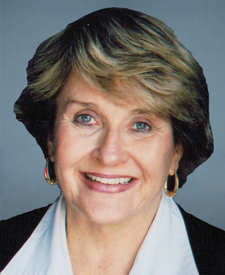
Louise McIntosh Slaughter
28 years | D-NY
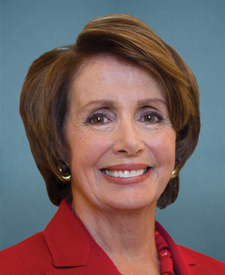
Nancy Pelosi
28 years | D-CA
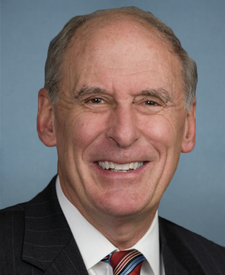
Daniel Coats
26 years | R-IN
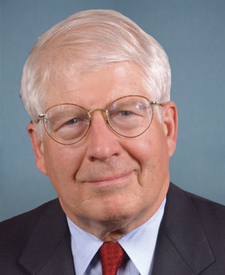
David E. Price
26 years | D-NC
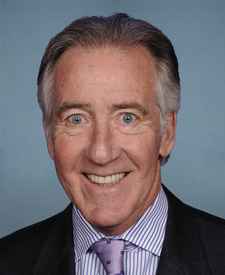
Richard E. Neal
26 years | D-MA
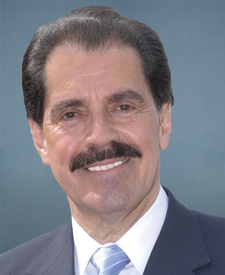
José E. Serrano
26 years | D-NY
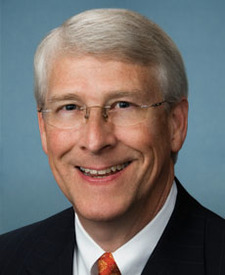
Roger F. Wicker
26 years | R-MS
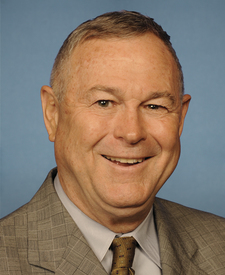
Dana Rohrabacher
26 years | R-CA
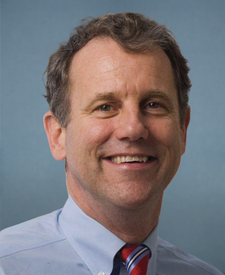
Sherrod Brown
26 years | D-OH
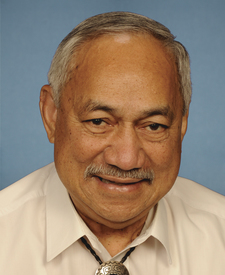
Eni F. H. Faleomavaega
26 years | D-AS
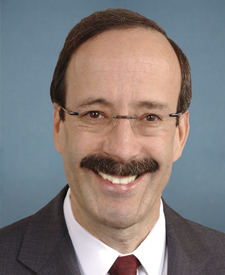
Eliot L. Engel
26 years | D-NY
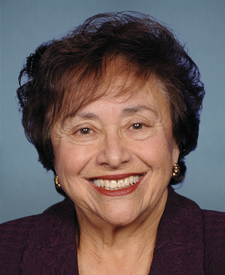
Nita M. Lowey
26 years | D-NY
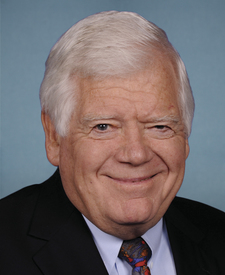
Jim McDermott
26 years | D-WA
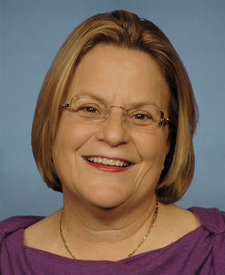
Ileana Ros-Lehtinen
26 years | R-FL
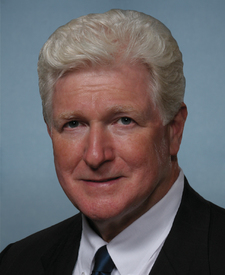
James P. Moran
24 years | D-VA
Democratic Congressmen John Dingell, John Conyers and Charlie Rangel have all served in the House of Representatives for well over 40 consecutive years. It’s not exactly the change President Obama promised in 2008.
Fifty-two Democrats and 26 Republicans have served more than 10 terms in Congress, a Washington Examiner analysis of legislative data shows. The rate with which politicians from both parties are turning Congress into a career has risen dramatically over time.
Even as America’s population has grown, its society has become more inclusive, and technology has lowered the barrier to entry to join the political discourse, Americans are narrowing their sights to an ever-smaller cadre of politicians to represent them in Congress.
Rise of the Career Lawmaker
Some senators, including Harry Reid, rarely go home; other senators do it constantly
Senators’ trips home decline with time in office, age, boosting claims of term limits advocates
Americans revile Congress — but keep re-electing incumbents over and over
Potential candidates are no longer limited to white, male landowners who can afford to print and deliver pamphlets, as they were in the republic’s earliest years.
Yet for decade after decade, many congressional districts return the same person to Congress, and for many presidents and congressmen, voters return to the same families.
Of the hundreds of millions of Americans born since the founding of the nation, only 12,000 have ever served in Congress.
Dingell was born in 1926 and has been elected to two-year terms in the House since 1955, when he succeeded his father. He is retiring this year, and voters may elect his wife to replace him.
Conyers, the second-longest serving member, was also born in 1926 and has served in the House since 1965.
To earn that sort of job security, one might assume that these members have incredible records of legislative excellence.
Instead, both represent Detroit-area districts. In the six decades coinciding with Dingell’s tenure, Detroit’s median wage plummeted from among the highest in the nation to close to the worst, according to the Detroit News.
Dingell and Conyers weren’t solely responsible for Detroit’s woes, but politicians are never bashful about taking credit for good news, either.
Tim LaPira, a political scientist at James Madison University, said congressional incumbents often get credit for doling out government resources.
“If I’m a grandma and I need a Social Security check, I can’t call the challenger,” LaPira said.
Incumbents are rarely challenged in primaries, so when change does come, it is often because lawmakers retire or their districts undergo a rare generational shift in voting patterns.
Democrats held the lead in the number of veteran members even before long-serving Republicans began facing Tea Party primary challengers.
Many districts appear to be filled with voters who are stubborn in their determination to elect Democrats but decidedly complacent when it comes to looking outside of the current occupant for a candidate.
In the Illinois state House of Representatives, for example, not only does the Democratic Party have an iron grip, but the same man has controlled the chamber as speaker for 30 years.
Eleven of the 15 longest-serving lawmakers are Democrats, but Republicans have also chronically elected their own, including Mississippi Sen. Thad Cochran, who doesn’t actually live in his home state, Iowa Sen. Chuck Grassley, Utah Sen. Orrin Hatch, and Alaska Rep. Don Young, who last month was recorded strong-arming a staffer.
Rangel has represented his New York district for 44 years despite ethics problems including questions about his taxes. Those problems didn’t prevent Rangel from becoming chairman of the powerful, tax-writing House Ways and Means Committee.
In Congress, low turnover becomes especially problematic because with seniority come the committee chairmanships that shape U.S. policy, meaning the nation’s most critical decisions come down to choices made by the least particular voters.
Republicans have set term limits on leadership positions and committee chairmanships, but senior members can simply hop from one committee to another. Democrats have set no term limits on internal congressional posts.
David Corbin, a political scientist at King’s College in New York, said many Democratic voters, including those who are members of public employee unions, tend to be more closely wedded to the status quo — even as they talk of change.
And the incumbent is essentially the face of the status quo.
“You have a tremendously integrated network of public service employees … every organization that’s on the receiving end of government largess. The Democrats’ get-out-the-vote effort has a much more organized network of multipliers,” Corbin said.
“The one thing those people do is pay off their political supporters in hard currency,” Corbin argued, rather than winning them over with less-tangible arguments.
Power is a zero-sum game, and when people are dependent on government, that cedes power to incumbent lawmakers, Corbin said, regardless of their personal missteps or lack of legislative accomplishments.
And lawmakers are happy to accept that. The “change” and inclusion is apparently something to be bestowed upon the masses by “a very small cohort … of paternalistic elites,” Corbin said.
Former District of Columbia Mayor Marion Barry, for example, disgraced himself by smoking crack on camera. But he was re-elected after being released from prison, in part by playing the victim.
Longtime politicos often weather controversy by blaming the powers that be, Corbin said.
“In a case like Marion Barry or Conyers or Dingell, they’re just going to try to say ‘The man is trying to take me down.’ Their transgressions don’t count against them because they’re counted as something someone else has done to them.”
But eventually a contradiction emerges: After being in office for so long at the highest levels of government, the Rangels, Barrys and Dingells are themselves “the man.”

